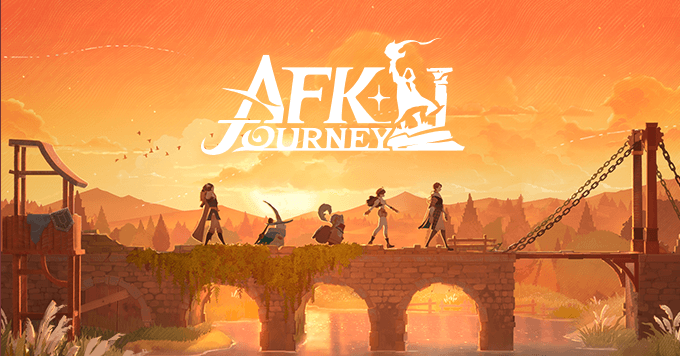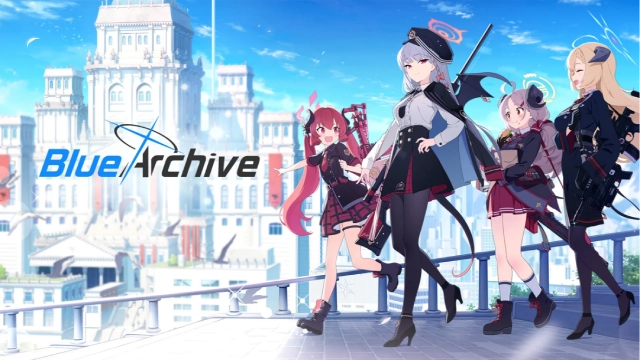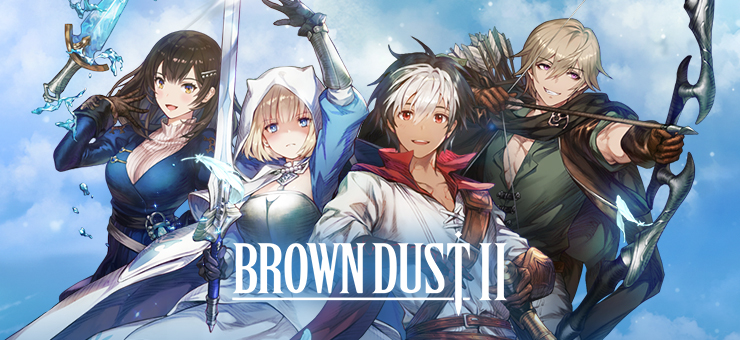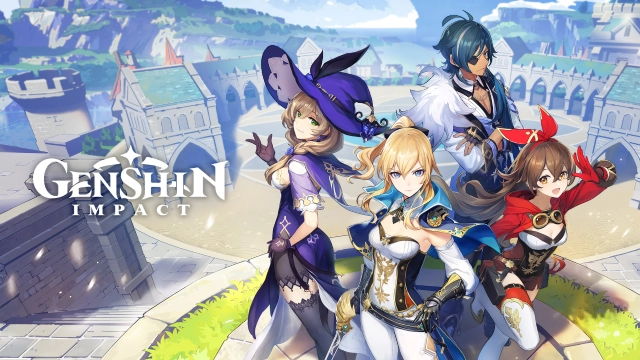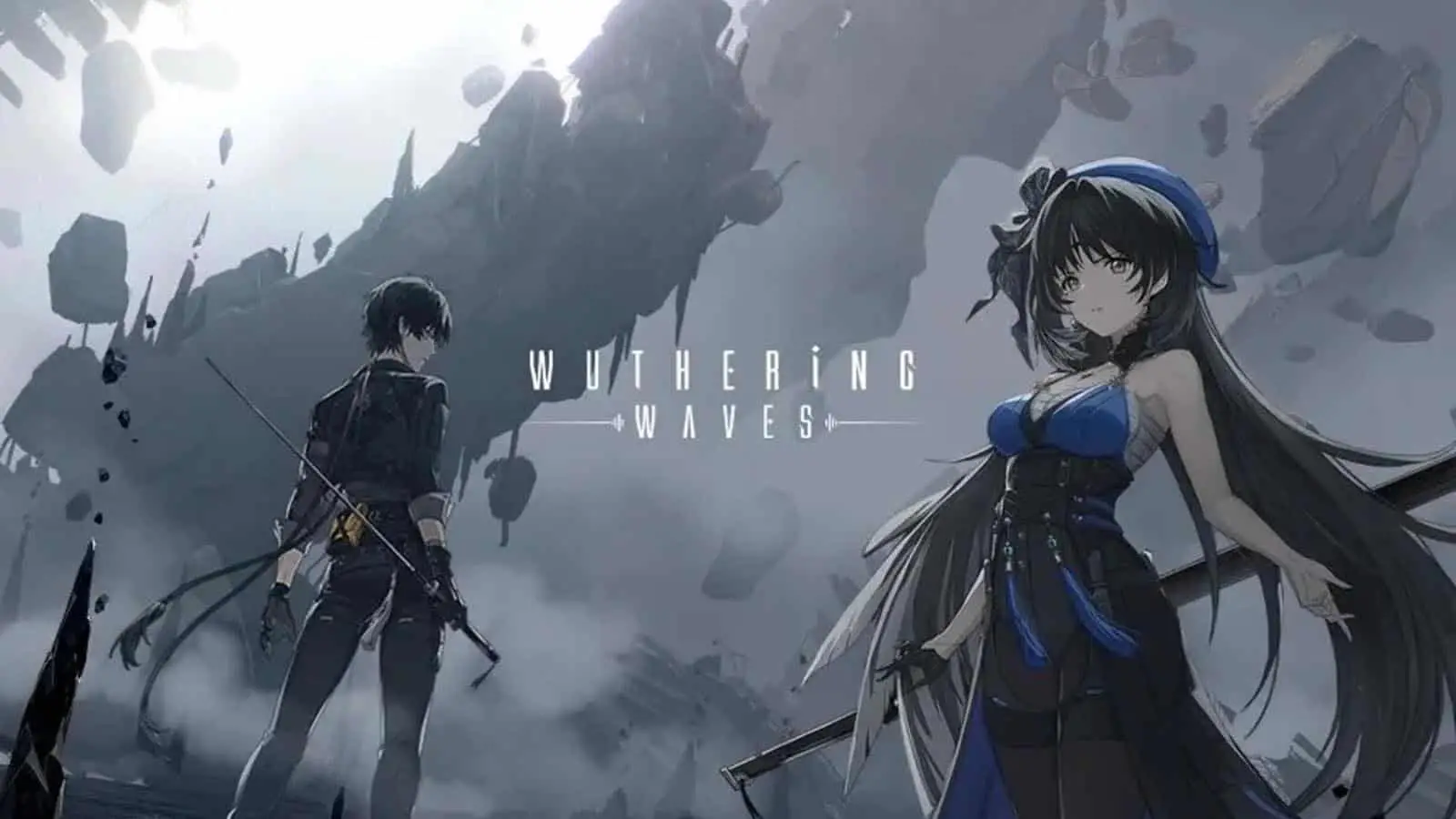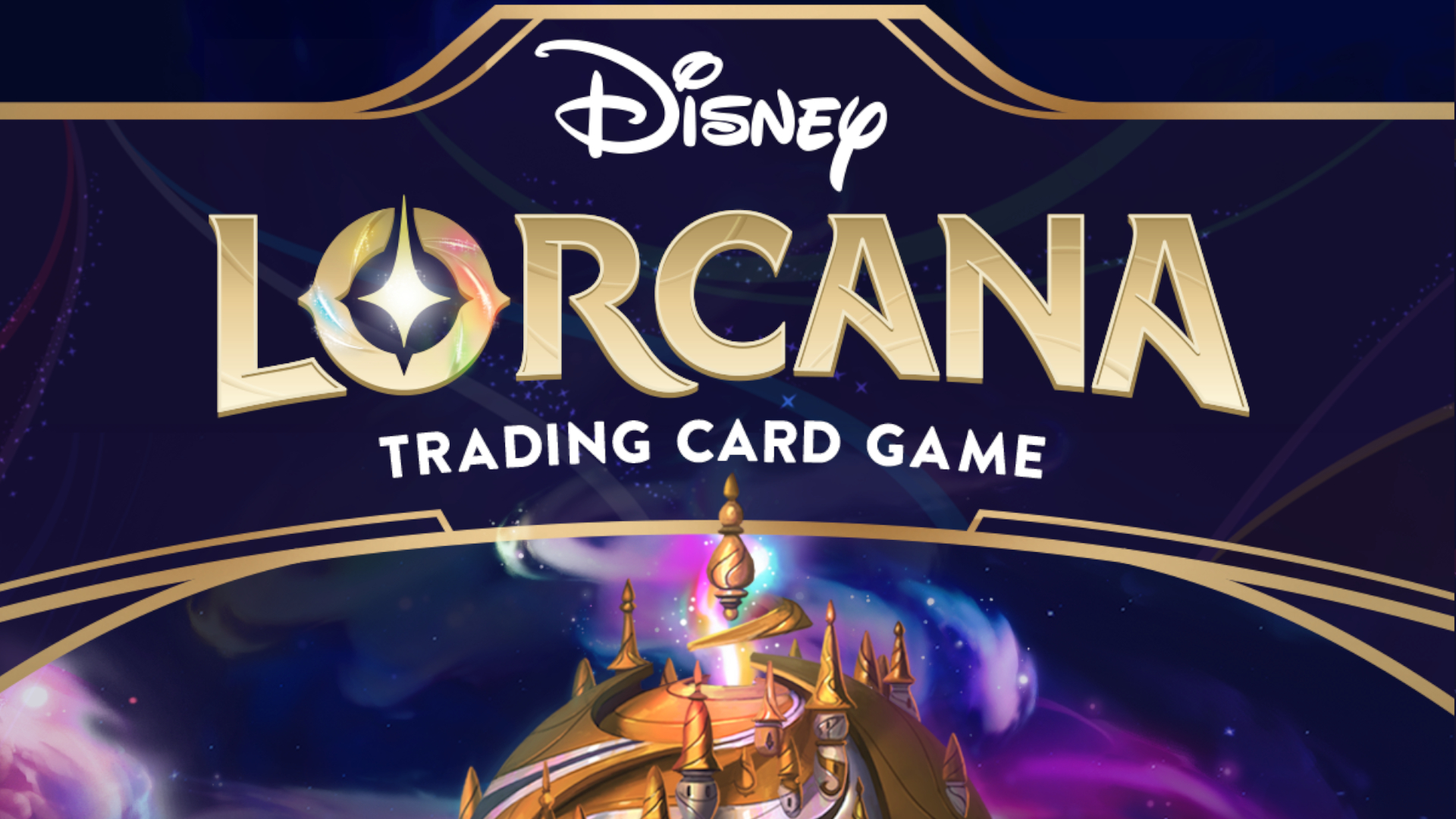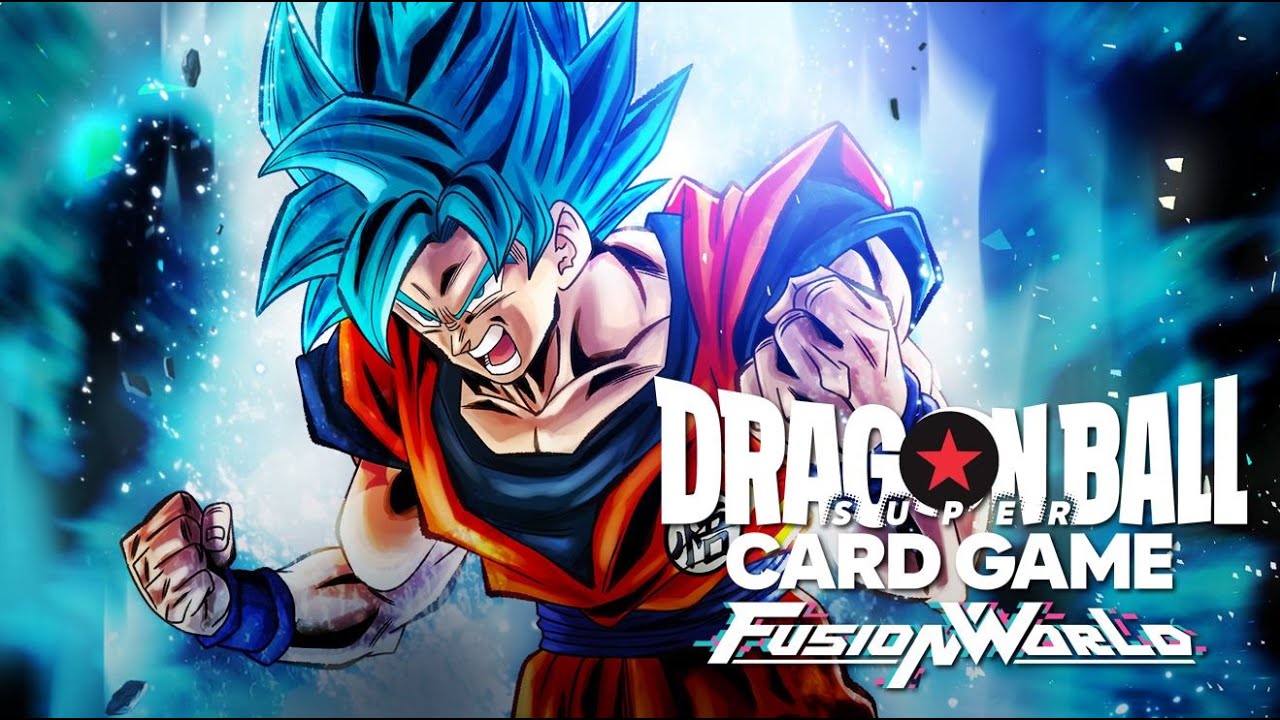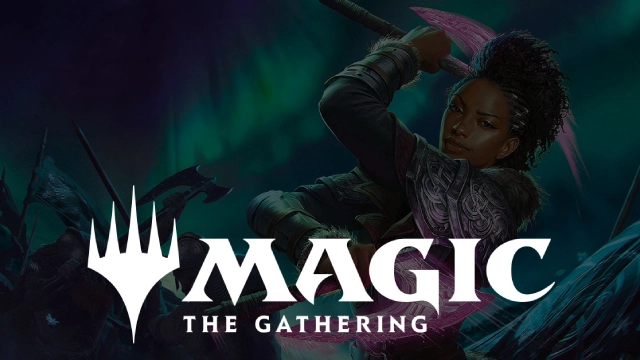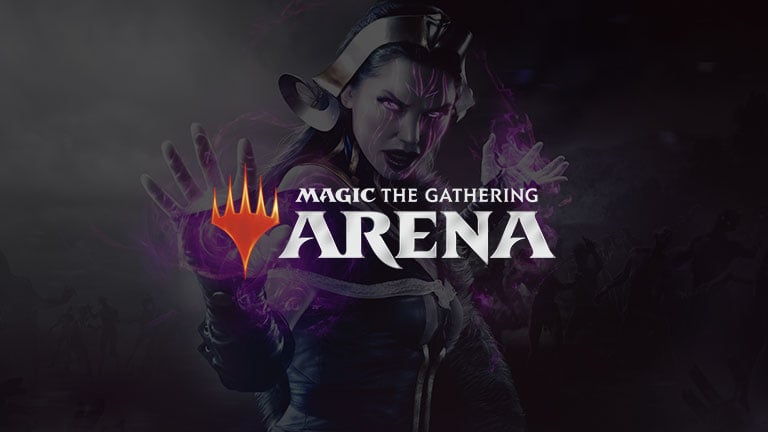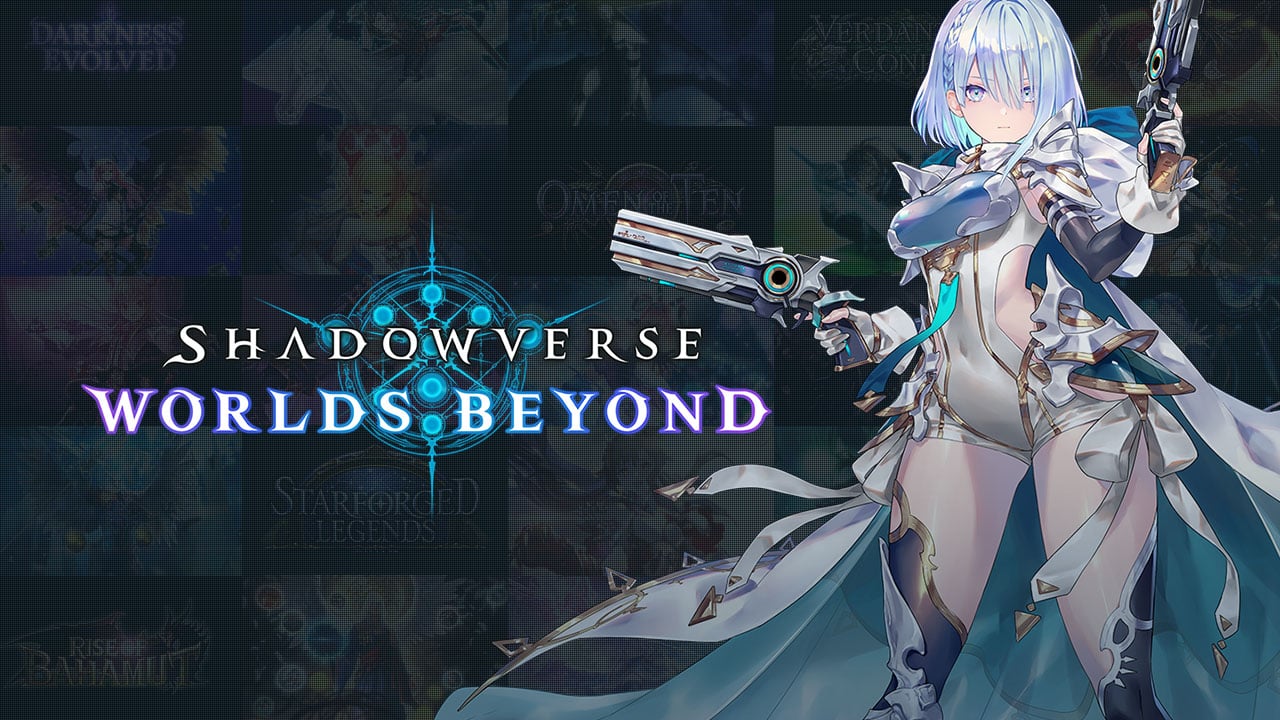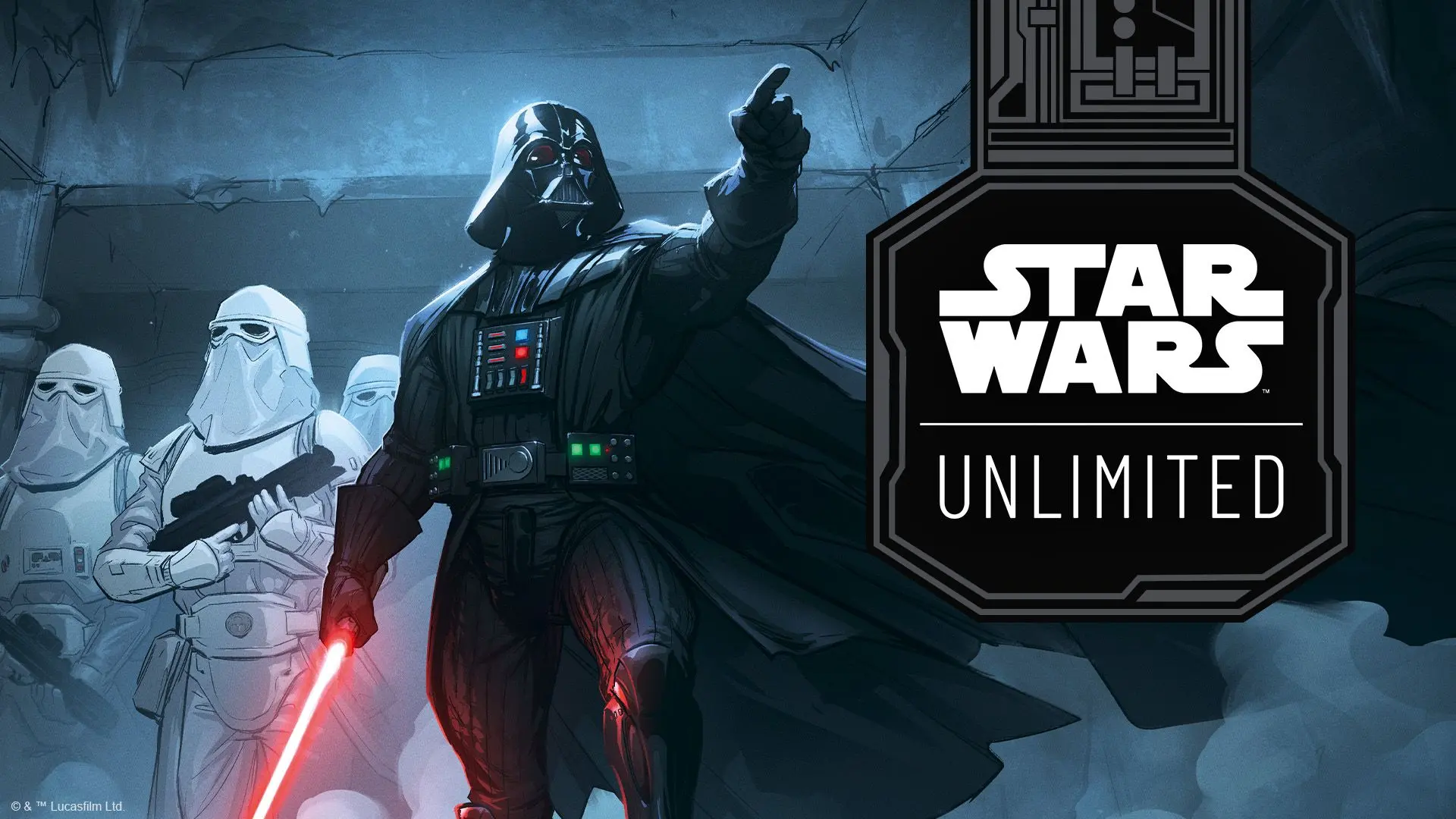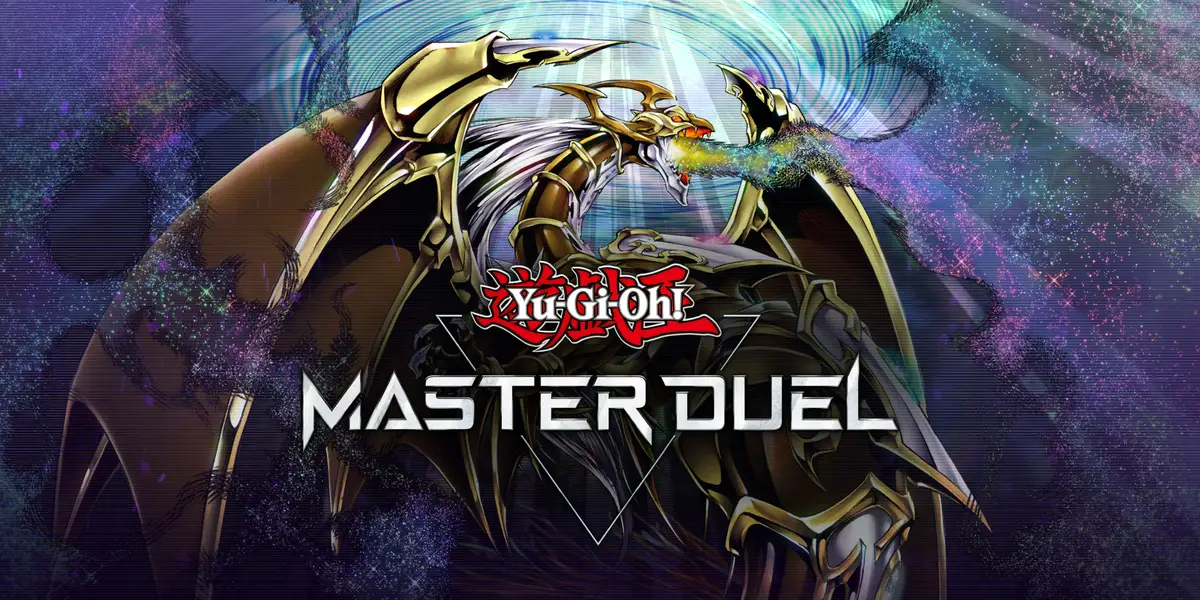Table of Contents
Wizards of the Coast has released their Banned and Restricted Announcement today, making changes to multiple formats. There will be an Arena update today, with the bans going live then. Remember that only the Standard ones will incur Wildcard refunds, since the Historic changes are suspensions only for now.
| Format | Card Name | Legality |
|---|---|---|
| Standard | Wilderness Reclamation | Banned |
| Standard | Growth Spiral | Banned |
| Standard | Teferi, Time Raveler | Banned |
| Standard | Cauldron Familiar | Banned |
| Historic | Wilderness Reclamation | Suspended |
| Historic | Teferi, Time Raveler | Suspended |
| Pioneer | Inverter of Truth | Banned |
| Pioneer | Kethis, the Hidden Hand | Banned |
| Pioneer | Walking Ballista | Banned |
| Pioneer | Underworld Breach | Banned |
| Brawl | Teferi, Time Raveler | Banned |
Read below for commentary, with official explanations of the changes below that. You can also check out the official list of all banned and restricted cards, by format, here.
Read more:
Standard
There always has to be a best deck in any Standard environment, but those of the last couple of years have had unprecedented levels of dominance. Temur Reclamation is the latest best deck in a long line, dating back in M21 with Golos Field, to Simic/Sultai Oko in Eldraine, to Jeskai Fires in Theros, to Lukka Fires in Ikoria… but even amongst those, it has achieved startling levels of tournament representation, only really being beaten out by Oko, and making up over 50% of practically every tournament of the last few months. Even when Lukka Fires was the best deck, Reclamation was hot on its heels; it has been a powerful fixture in Standard this entire year, and has only become and more dominant as new cards were printed for it, with Shark Typhoon being the best one recently, removing its weakness to planeswalkers (like that other banned card up there…). Reclamation has warped Standard to such an extent that the entire format has felt stale and tedious for months on end for much of the Standard player base, and it has been pointed out that Fires was banned for enabling too many absurd midgame turns and allowing you to cheat on mana to a ludicrous degree, which is precisely what Reclamation does (and often even better, especially in multiples!). This is the ban everyone expected, and even as somebody who has enjoyed playing Reclamation, I breathe a sigh of relief.
Growth Spiral has enabled Reclamation’s dominance almost as much as the namesake enchantment, being the best card to draw in any opening hand, but that’s just the tip of the iceberg. Ramp decks, not just Reclamation, have been the best thing to do in Standard for most of this year, and Growth Spiral is in every single one as a 4-of. Many decks in Standard play as many as 29-30 lands mainly to ensure that their Growth Spirals and Uros always have lands to put into play, because being ahead of your opponents on mana in a Standard environment with so many good 4 and 5 drop plays is enough to absolutely crush your opponents and keep pace with any fast deck, while going over the top of the slower ones. While I personally believe that Uro is more of a problem and will remain so, and that Bant Ramp, the second best Growth Spiral deck in a format where Growth Spiral was really the only reasonable thing to play if you wanted consistent wins, is likely to grab Reclamation’s reins as best deck (because it still has Uro and is favoured against aggro as a result with very little effort), I still welcome the Growth Spiral ban and I certainly expect Bant to be weaker without it.
Teferi, Time Raveler is a card so irritating to play against, so warps the rules of Magic while in play, that it has inspired far more complaints than even much more powerful cards like Oko, Thief of Crowns. This three-mana planeswalker is so infamous that it has sullied the name of Teferi, a Magic character once so beloved that people clamoured for his return, to the point where many dreaded M21’s arrival since it was marketed as “the Teferi set” (undeservedly, since M21’s version, Teferi, Master of Time, is actually very well-balanced and designed). This is because Teferi, ever since his release last year, has pushed so many cards out of Standard viability through his absurd power level and ubiquity, and homogenised Standard to a colossal extent, while making Magic a less fun and engaging game while in play – he removed an entire axis of gameplay from the opposing deck and rendered cards like Finale of Promise and Emergent Ultimatum completely useless while in play, while Dreadhorde Arcanist was a vanilla 1/3 for 2 with no abilities. At many points in the last couple of years, it has felt as though you could not play cards that cost 3 or more (outside of aggro decks, which were good against Teferi so they didn’t care) that didn’t give you some kind of advantage if Teferi bounced them, and you certainly couldn’t play very many counterspells apart from Mystical Dispute, which was so heavily played because it was one of the best answers to him. Fun inclusions and old Standard staples alike were pushed out by Teferi, from The Great Henge, an extremely powerful card that has seen almost no play, to Thief of Sanity, a heavily played card in 2019 that was just far too bad against Teferi to ever see play since War of the Spark. Every Azorius deck has always started with 4 Teferi, and many decks have included White or Blue purely to have access to him – that is how powerful and low cost a card he is for the advantage he provides. I do not think these words are enough to fully sum up the depths of my hatred for this card; it is by far the worst of the four and has actively reduced my enjoyment of Standard more than any other card in recent times. Now that Teferi is gone, I suspect that many previously unseen cards will pop out of the woodwork into viability, and I feel finally excited to play Standard again!
Cauldron Familiar + Witch's Oven has been the quintessential Standard sacrifice combo since Eldraine, and has enabled a wide variety of decks using it as a foundation. Rakdos and Jund Sacrifice have been the clear forerunners, abusing Mayhem Devil to machine gun down creatures and players alike with the many sacrifice triggers Cat Oven provided. While Cat Oven has not been in the best deck really at any point, it has always formed of the core of several good ones, and I suspect Wizards felt it would be too oppressive without Growth Spiral’s looming presence. There’s also the nice quality of life issue that banning Cauldron Familiar fixes, because it took a truly exhausting number of clicks and far too much time to execute on Magic Arena…
It’s worth noting that three of these cards would have rotated with Zendikar’s release in just a month and a half, but I am really excited to have the Standard environment uplifted during that period of time, and to be able to try some of the old cards out one last time before they leave, without their being pushed out of contention by the same busted decks we’ve grown to hate. MTG Arena’s metas move a lot faster than the old paper ones ever did; it makes sense to have a far more dynamic banlist for a far more dynamic environment.
STANDARD
In the last banned and restricted list update, we chose not to make any changes to Standard. At that time, the environment had just seen the results of Players Tours 3 and 4, the companion rules change was recent, and Core Set 2021 had just entered the format. While we saw new decks emerging, ultimately the top decks were able to adapt and retain their metagame share. After watching the environment progress for several weeks and reviewing the decklist entries for the Players Tour Finals, we’ve decided to make some changes to shake up the metagame.
This set of changes is a deviation from our usual banned-list philosophy for Standard, and as such, we consider it an experiment. Outside of the very top levels of competitive play, including throughout most of the MTG Arena traditional Standard ladder, we’re seeing a good distribution of deck diversity and win rates. However, at the skill level of our most competitive tournaments and the Mythic ranking on the Arena ladder, we do see a small number of decks with high win rates and play rates that have remained in that metagame position for quite some time.
Under our usual approach, we would have allowed Standard rotation to provide a natural and predictable shift in the metagame with the release of Zendikar Rising. But in an era of social distancing, the proportion of Standard play occurring on digital platforms has increased substantially. As the rate at which players can rack up games of Standard in digital is higher than in tabletop, we believe it’s correct to enact metagame change at a faster rate as well.
Therefore, we’re making bans targeted at weakening decks that have been strong and popular at the highest levels of competitive play and at some cards and combos that have overstayed their welcome in the eyes of much of the Standard community.
Ramp decks using Growth Spiral together made up 68% of the day 1 metagame at the Players Tour Finals and represent approximately 25–30% of the metagame at Mythic ranking on the Arena ladder. Within that category, Wilderness Reclamation decks have been considered the strongest archetype by much of the competitive community, making up 54% of the metagame at the Players Tour Finals and about 15% of the Mythic metagame on Arena. In order to remove Reclamation decks from this most played spot and to reduce the metagame share of ramp decks in general, Wilderness Reclamation and Growth Spiral are banned.
Another archetype that has maintained a high win rate over a long period of time is Black-Red (or Jund) Sacrifice, featuring the Cauldron Familiar and Witch’s Oven combo. In addition to having high overall win rates, these decks put considerable pressure on aggressive and midrange creature decks. Further, the number of triggers generated by these decks can be cumbersome for both players in digital play. To weaken these sacrifice strategies, open up more metagame diversity, and create a more fun gameplay environment, Cauldron Familiar is banned.
Finally, we’ll also be removing Teferi, Time Raveler from the environment. We’ve often heard the feedback that the repetitive play patterns and reduced capability for interaction that Teferi, Time Raveler can create feel oppressive and limiting. While we’d considered banning Teferi, Time Raveler in past updates, one reason we didn’t was evidence that it was helping hold Wilderness Reclamation decks in check. With Wilderness Reclamation leaving the environment, we feel it’s also time for the Standard metagame to move on without Teferi, Time Raveler.
We note that Growth Spiral, Wilderness Reclamation, and Teferi, Time Raveler were already slated to rotate this fall with the release of Zendikar Rising. With that in mind, we view this set of changes as an early rotation for those cards to help freshen up the remaining summer metagame. In the case of Cauldron Familiar, we’re taking the opportunity not only to improve the metagame short term but also remove a balance risk and undesirable play pattern leading into next year.
We emphasize that these changes are, to a large degree, a product of the times and the current focus on digital play. We look forward to hearing community feedback on this approach and will continue to keep an eye on the metagame going forward.
Historic
Note: Remember that Historic has suspensions rather than bans, so these cards will later be unsuspended or moved onto the permanent banlist, and are currently in the limbo where Wizards figure out which they deserve.
I was confused as to why they had banned Nexus of Fate in the Historic banlist announcement last month, because in Magic, it has almost always been correct to ban the enablers rather than the payoffs – the power level of decks has generally been centred around those; they determine a deck’s efficiency and speed, and are generally harder to replace. Nexus of Fate relied completely and totally on Wilderness Reclamation, and the card was unreasonable in Historic for the same reasons as it was in Standard – getting to double your mana using a single card is just an inherently broken thing to do. It’s not surprising that the same strategy that was good in Standard, of casting Expansion//Explosion, would be good in Historic, especially after they printed Explore in Jumpstart and injected a ton of redundancy into Historic for decks that wanted to play Growth Spiral. As expected, Reclamation dominated the only Historic Arena Open in which it was legal, crushing the competition. Unlike the Standard variant, there was a lot less play involved in the Historic version – it was consistent and efficient enough that it did the same thing most games, and could cast Explosion early, often, and for huge amounts. The Standard variant rewarded skill, had tons of interesting lines, and was fun to play, while the Historic variant was just broken nonsense.
I spoke enough about why I dislike Teferi, Time Raveler in the Standard section, but let me add on that the prospect of an eternal format polluted perpetually by his presence saddened me, and I am even more glad that he is gone here, since at least he would’ve rotated out of Standard shortly. Teferi was as incredible a disruptive tool in Historic as Standard, but could also do some broken things in Bant Scapeshift and Kethis Combo, allowing you to flood the board with Field of the Dead Zombies end of turn or have a completely undisrupted combo turn, while often costing much less than 3 mana, in Kethis.
HISTORIC
The Historic metagame is moving quickly right now; the addition of new cards through Jumpstart is having a large impact, as will Amonkhet Remastered when it arrives soon. There are many of these new decks we are watching closely, but our strong preference in times like this is to give the meta time to develop naturally. We want to see which of these new decks turn out to show enduring strength versus merely making an initial splash. That said, there are two places where we feel we have enough information that we should take action: Wilderness Reclamation and Teferi, Time Raveler.
We touched on Wilderness Reclamation in our last banned and restricted list update, saying that, while it was powerful, we were only seeing it in problematic decks alongside Nexus of Fate. Since then, we’ve seen a Temur Reclamation list grow steadily in Historic that leverages both Expansion // Explosion and Field of the Dead. We are seeing this deck put up significant numbers, representing over 10% of Best-of-Three games while maintaining concerning win rates. This is a card and deck configuration that we have spent a good bit of time discussing, analyzing, and watching, so we feel that it is one where we have enough information to act. In order to encourage increased metagame health and variety, Wilderness Reclamation is suspended in Historic.
For Teferi, Timer Raveler, we get much the same feedback in Historic that we get in Standard. In Historic, we also find that the power of the reduced capability for interaction that Teferi, Time Raveler brings scales with the power of the interaction he’s preventing and the board he’s consequently protecting. He is also seen very frequently in Historic, appearing in over 20% of Historic Best-of-Three games and significant percentages in other modes as well. For these reasons, we are suspending Teferi, Time Raveler in Historic. As with all suspensions, we will be closely monitoring the impact this has on the format.
Pioneer

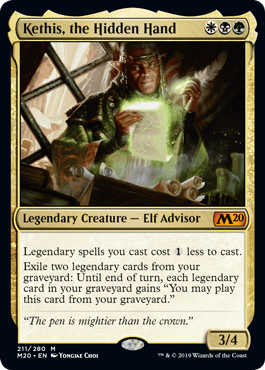
Kethis, the Hidden Hand (M20) 

I know many of you lovely readers on our site don’t know much about Pioneer, so let me fill you in! As the newest paper format, Pioneer started life as a format from which cards were banned almost weekly, as Wizards tried to flesh it out. Early on, it was one of the most popular Magic formats and much of the paper population was filled with hope for it; it included some much beloved sets, starting with Return to Ravnica, one of the earliest sets in which I played Standard and a time I cherished, where Control, Aggro, and Midrange were all popular and powerful strategies without any being too oppressive. That was the ideal that Wizards had in mind, but that wasn’t the reality of the situation…
What actually happened was that Pioneer had far too many sets in it to ever live up to Return of Ravnica’s Standard environment, and there were two early archetypes that claimed dominance over it: Green Ramp and various Combo strategies. Green Ramp was targeted by many early bans, which greatly reduced its power, and for pretty much this entire year, Pioneer has been the land of combo decks that are uninteractive, difficult to disrupt, and unfun to play against (the trifecta of complaints that always surround combo decks), and as a result a lot of its early advocates have run far away from it. I suspect Wizards is now looking to rectify that by swinging the banhammer at the best combo decks.
Dimir Inverter was a deck that used Inverter of Truth to take out most of its library, and then used Thassa's Oracle or Jace, Wielder of Mysteries to win the game instantly. What gave it such power was that it is also a fantastic deck for playing a fair game, and it is very difficult to disrupt – it played a fantastic control game with a deadly combo finish, and a topdecked Inverter has the potential to win the game at any point, shuffling combo pieces back in and making all your draws live for the rest of the game.
Lotus Breach is a deck that seeks to untap Lotus Field repeatedly to generate colossal amounts of mana, then use Underworld Breach to kill your opponents with basically anything (because it’s not very hard to win the game when you have unlimited mana) but usually a card as innocuous as Tome Scour. It’s a more all-in combo deck than Inverter, but is much faster and can more consistently set up its combo. Still, it has played second fiddle to Inverter for the most part, with Inverter’s powerful Control/planeswalkers transformative sideboard plan, but it is the better game one deck.
Walking Ballista, a powerful card that has seen tons of play by itself, was pushed over the top with the printing of Heliod, Sun-Crowned. The two form an infinite combo – if you give Ballista lifelink while it has two counters on it and you have Heliod out, you can remove a counter to ping your opponent which immediately nets you another counter, and allows you to deal infinite damage. Even if your opponents try to prevent you from targeting them with something like Leyline of Sanctity, you can just ping all their creatures down and then ping yourself to break even on life and make your Walking Ballista infinitely large and kill them in one swing. Unlike the other three combo decks I mention, this combo is entirely unaffected by graveyard hate, which gives it a lot of resiliency and potency in Pioneer, where players tend to pack a lot of that. Such shells as Mono White Aggro have had a powerful aggressive plan backed up by this two card combo where both pieces are good anyway, and that has pushed them over the top.
Oath of Nissa is a recent unban in Pioneer which has led to the increased popularity of Kethis Combo there, the same deck as is one of Historic’s best decks but with some much more powerful legendary choices that make it harder to disrupt, faster, and more consistent. The deck has been taking down plenty of Magic Online Challenges of late, and it seems that Wizards is unwilling to ban several of Pioneer’s best combo decks only to have a new one immediately take up their mantle!
Check out some of Pioneer’s other decks here!
PIONEER
With the last banned and restricted list update, we chose to unban Oath of Nissa in Pioneer. This wasn’t intended to be a major update to the format or an alternative to other changes, but rather what we viewed as a relatively safe unban in the context of a metagame that was looking healthy by many metrics. Much community discussion followed that update, prompting us to take a further look at the need for change in Pioneer.
Although we continue to see many different decks have success in Pioneer, and no decks with problematic win rates against the field, we do see that combo decks as a group make up a large portion of the competitive metagame. We’ve heard feedback that the frequency at which one finds themselves facing an opposing combo deck restricts deck-building options and can make play experiences unenjoyable. While win rate data may not point to change being needed, a different, more important set of data does: player participation.
While the reduction in tabletop tournaments due to the need for social distancing shortly after Pioneer’s launch earlier this year is certainly a factor, we’ve also seen a decline in Pioneer play rates on Magic Online throughout the course of the year. It’s clear that many players who have been, or could be, interested in Pioneer are ready for a change. Ultimately, how much fun players are having with the environment is the most important driving force behind B&R updates, and so we’re choosing to ban four cards to shake things up and push the competitive metagame away from combo decks.
These bans are primarily aimed at disrupting Inverter of Truth decks; Underworld Breach decks; the Heliod, Sun-Crowned plus Walking Ballista combo; and Kethis, the Hidden Hand combo decks. While Kethis combo decks are a relatively new reemergence in the metagame, we’re seeing signs that these decks are already problematic and would become more so if other top decks were weakened. Kethis decks are currently among the top 5–0 trophy winners in Magic Online Pioneer leagues, despite being a modest portion of the field.
Therefore, we’re choosing to ban Inverter of Truth, Underworld Breach, Walking Ballista, and Kethis, the Hidden Hand in Pioneer. Our intent is to dramatically reduce instances where players risk losing to a combo kill when tapping out in the early- to mid-game. This should open up the field for more traditional midrange and control decks and put less pressure on aggressive decks to also focus on hand disruption and counterspells.
We did consider several other cards as alternative bans aimed at these same decks. Thassa’s Oracle was one that we discussed as a lighter touch for weakening Inverter and Breach decks. However, Inverter decks are still capable of winning with Jace, Wielder of Mysteries alone, and it isn’t clear that a Thassa’s Oracle ban would be enough to push Inverter decks out of the competitive metagame. Next, even though Thassa’s Oracle has often been a win condition of choice for Underworld Breach decks, once the deck’s core combo engine is running, it can win in many ways. Some recent versions of the Underworld Breach deck even forgo Thassa’s Oracle entirely. The cards we’ve chosen are the set that gives us the most confidence in creating a significant shift in the metagame.
We understand that this represents a large change to the Pioneer environment, and, frankly, that’s the intent. While we’re past the phase of frequent weekly updates to Pioneer, we’re still in a period where changes are necessary to help shape the format in its initial launch year. We want to ensure that Pioneer can deliver an enjoyable play experience to players who are looking for an accessible, nonrotating format that’s closer to Standard in power level and offers a variety of archetypes and decks to choose from. We’re dedicated to actively supporting Pioneer and will continue to incorporate both data and community feedback.
Brawl

The third territory from which Teferi has been unceremoniously banished forthwith, he was even more annoying in Brawl as a card that could be perpetually recurred at such a cheap cost. As a singleton format, Brawl requires you to run more cards to meet the deck requirement, and often you would end up having to include cards that Teferi was absurdly good against, such as expensive artifacts and creatures that didn’t do anything the turn they came into play, counterspells, or cards like Emergent Ultimatum which flat out did not work, so you’d often be down 1-2 cards in your games against Teferi decks. Now, perhaps you can play more games, in what is supposed to be a for fun format, without having essentially mulliganed a bunch!
BRAWL
Teferi, Time Raveler is one of the most played commanders in Brawl, appearing in over 10% of games, and he has one of the highest win rates. In addition, we see a similar impact in Brawl to that described in the other formats. For these reasons, Teferi, Time Raveler is banned in Brawl.
Effective Date
In a welcome change, the week right after bans, in which we would ordinarily be playing a dead format, is being removed – all changes are now effective immediately!
ON ANNOUNCEMENT TIMING AND EFFECTIVE DATE
In the past, we’ve given a one-week advanced notice for updates to the banned and restricted list. Because of the increased focus on digital play environments during this time period, we’re choosing to forgo that advanced notice and roll out these changes as soon as possible. This isn’t necessarily indicative of how we’ll announce and implement in the future, and we’re continuing to look at how we balance giving players advance notice versus staying agile with respect to changing metagames.
Premium >
Enjoy our content? Wish to support our work? Join our Premium community, get access to exclusive content, remove all advertisements, and more!
- No ads: Browse the entire website ad-free, both display and video.
- Exclusive Content: Instant access to all exclusive articles only for Premium members, at your fingertips.
- Support: All your contributions get directly reinvested into the website to increase your viewing experience!
- Discord: Join our Discord server, claim your Premium role and gain access to exclusive channels where you can learn in real time!
- Special offer: For a limited time, use coupon code L95WR9JOWV to get 50% off the Annual plan!

